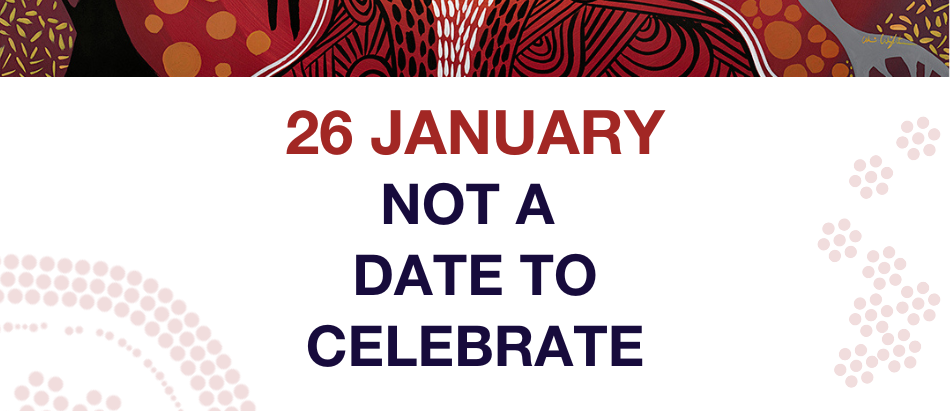In addressing the profound challenges faced by our most vulnerable children and young people, relying on high-cost emergency accommodations (HCEA’s) such as hotels and motels is not just economically taxing—it…
Not a date to celebrate

26 January – not a date to celebrate
At OzChild we feel incredibly grateful for the beautiful lands on which we are so lucky to live and work on. We are honoured to walk alongside Aboriginal colleagues, carers, and friends who we acknowledge and thank for sharing their culture and knowledge with us. It is a privilege to share this magnificent country with First Nations People as we work together to achieve better outcomes for Aboriginal and Torres Strait Islander children, young people, and families.
26 January is an important date in Australia’s history, but, celebrating the arrival of the First Fleet conjures feelings of both pride and pain: there is so much to celebrate about Australia – but for many, “Australia Day” is a difficult day for mourning, which is why we believe January 26 is not a date to celebrate.
This Australia Day, we encourage you to stand with First Nations People and share the message, January 26 is not a date to celebrate, and embrace the opportunity to learn more, share more, and talk to those around you.
The more we talk openly and honestly about our history the greater the chance we have at a day that includes respectful recognition and celebration by all Australians of the importance of Aboriginal and Torres Strait Islander Peoples to our nation.
And if you want to show your support for First Nations People there are so many events taking place to mark the day respectfully with community. For many First Nations People Australia Day acts as an opportunity to reflect, engage in truth-telling and revel in Aboriginal art, culture, and knowledge.
A Survival Day events listing can be viewed here. These events are a great opportunity to seek out an alternative way of spending the nationally recognised public holiday.
Survival Day events are often about making Indigenous culture accessible to First Nations and allies alike, in a supportive, safe environment.
While Australians of today are not directly responsible for what happened in the past, it is up to us to advocate for change, to use the knowledge we have gained to educate and inspire others to keep learning.
Resources and links
- Watch now – what does Australia Day mean to Aboriginal People
- Read now – 8 things you should know about January 26
- 6 ways to stand in solidarity with Indigenous Australians this Survival Day – Aboriginal and Torres Strait Islander People make up just 3.3% of the Australian population, we must stand with our First Nations People to influence change
Sign up to the OzChild mailing list
Stay up to date with the latest news and events.
Choose your region
Select your region to create an enhanced and personal experience.
